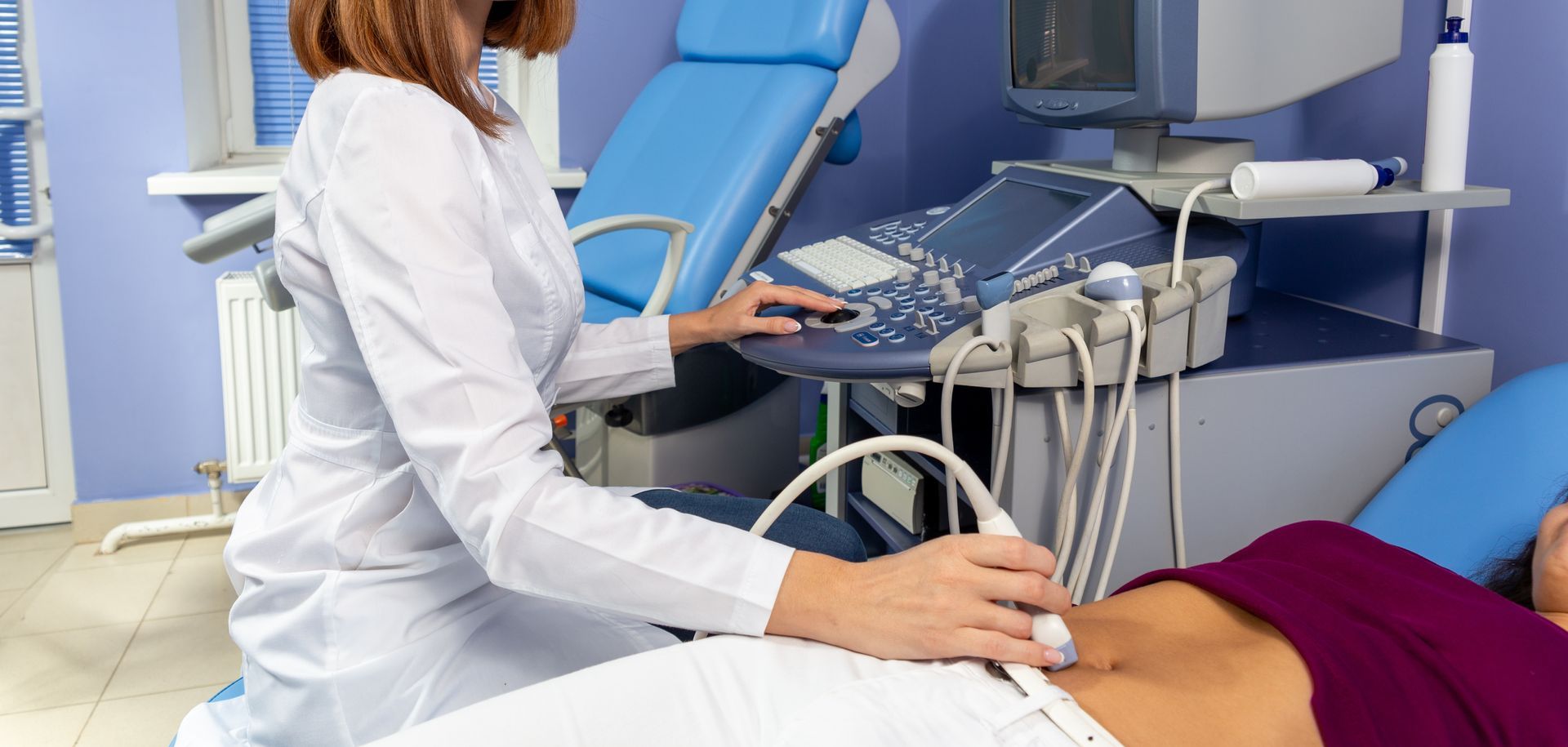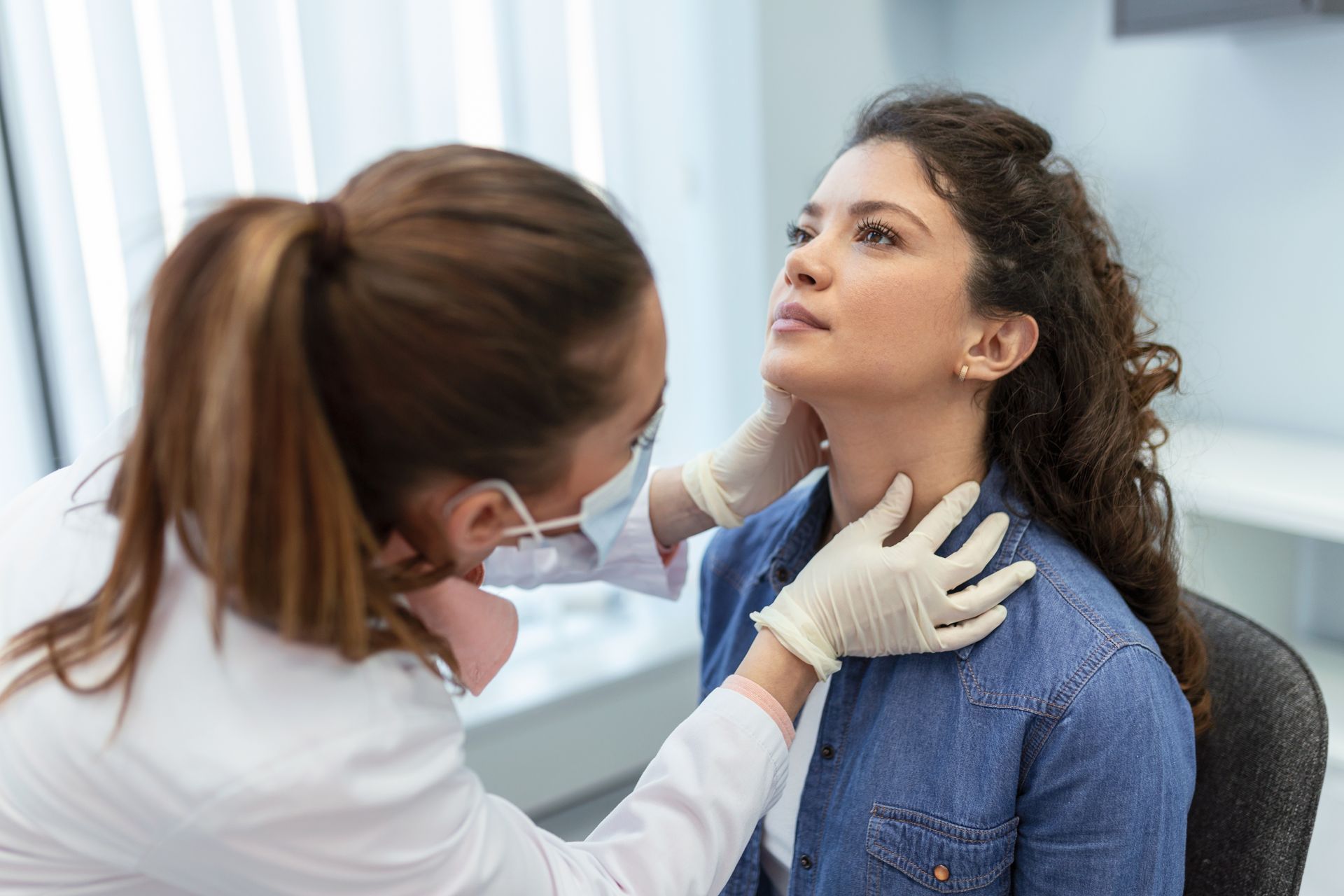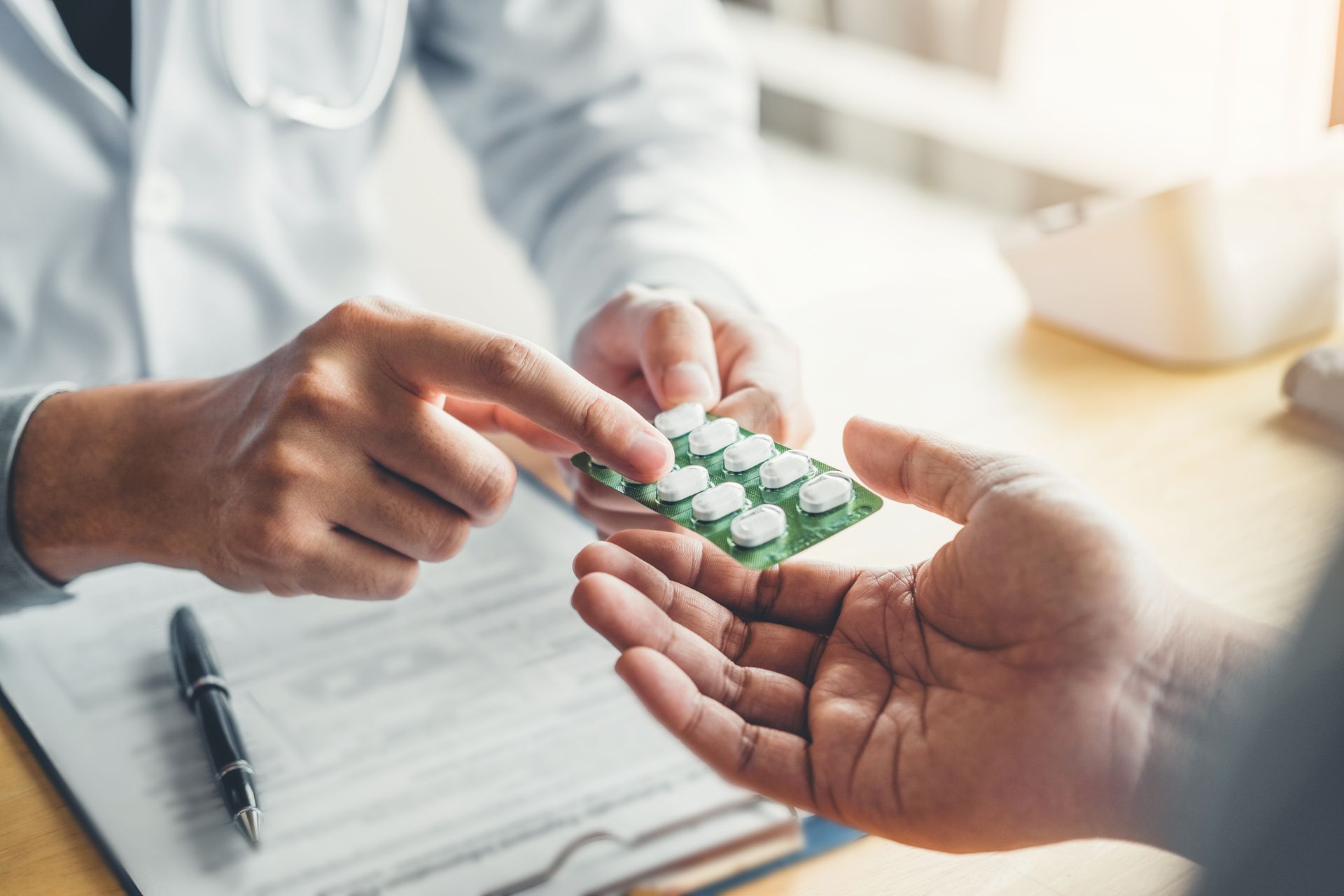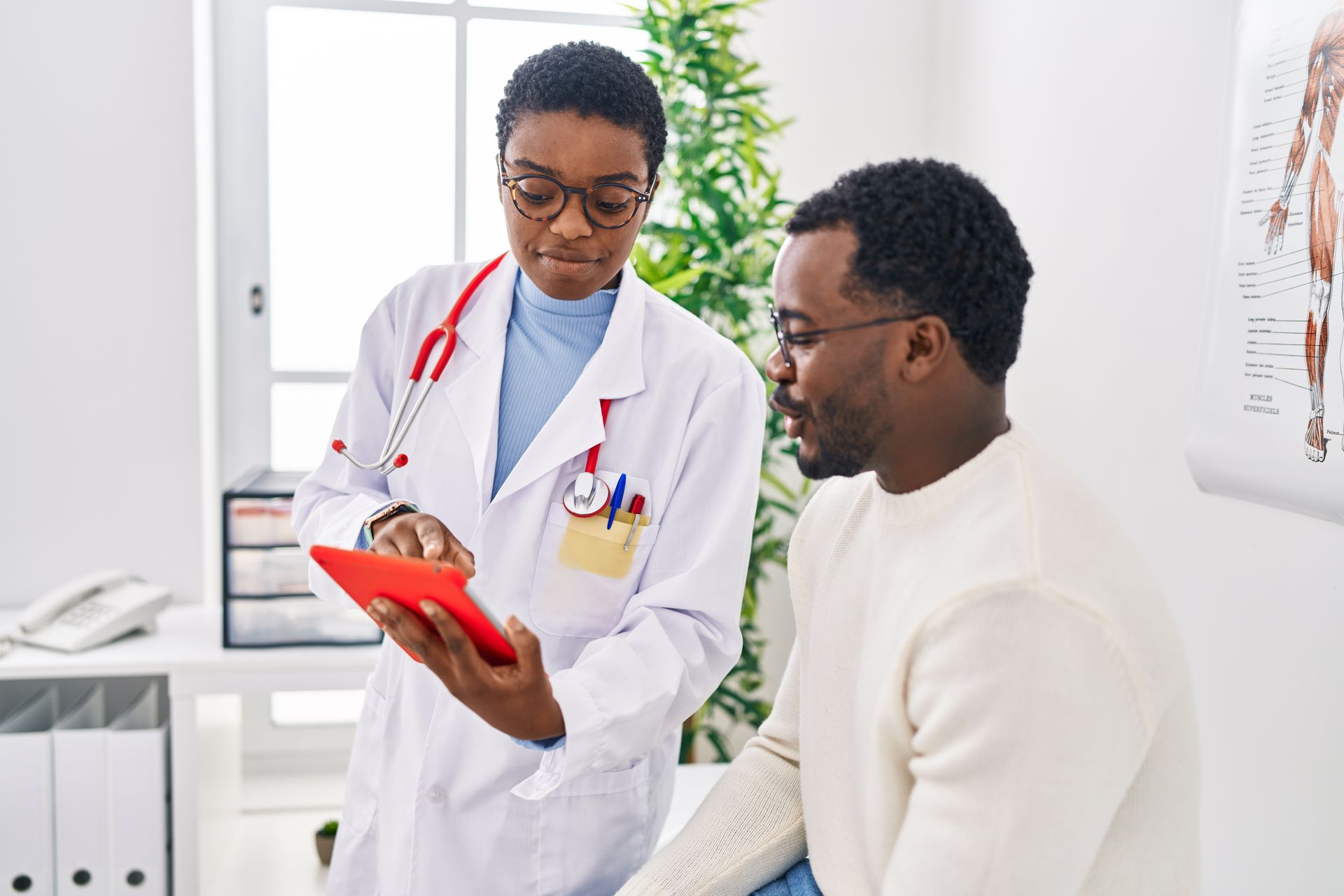Recent Posts
When to Get Tested for Sexual Transmitted Infections (STIs) and Sexually Transmitted Diseases (STDs)
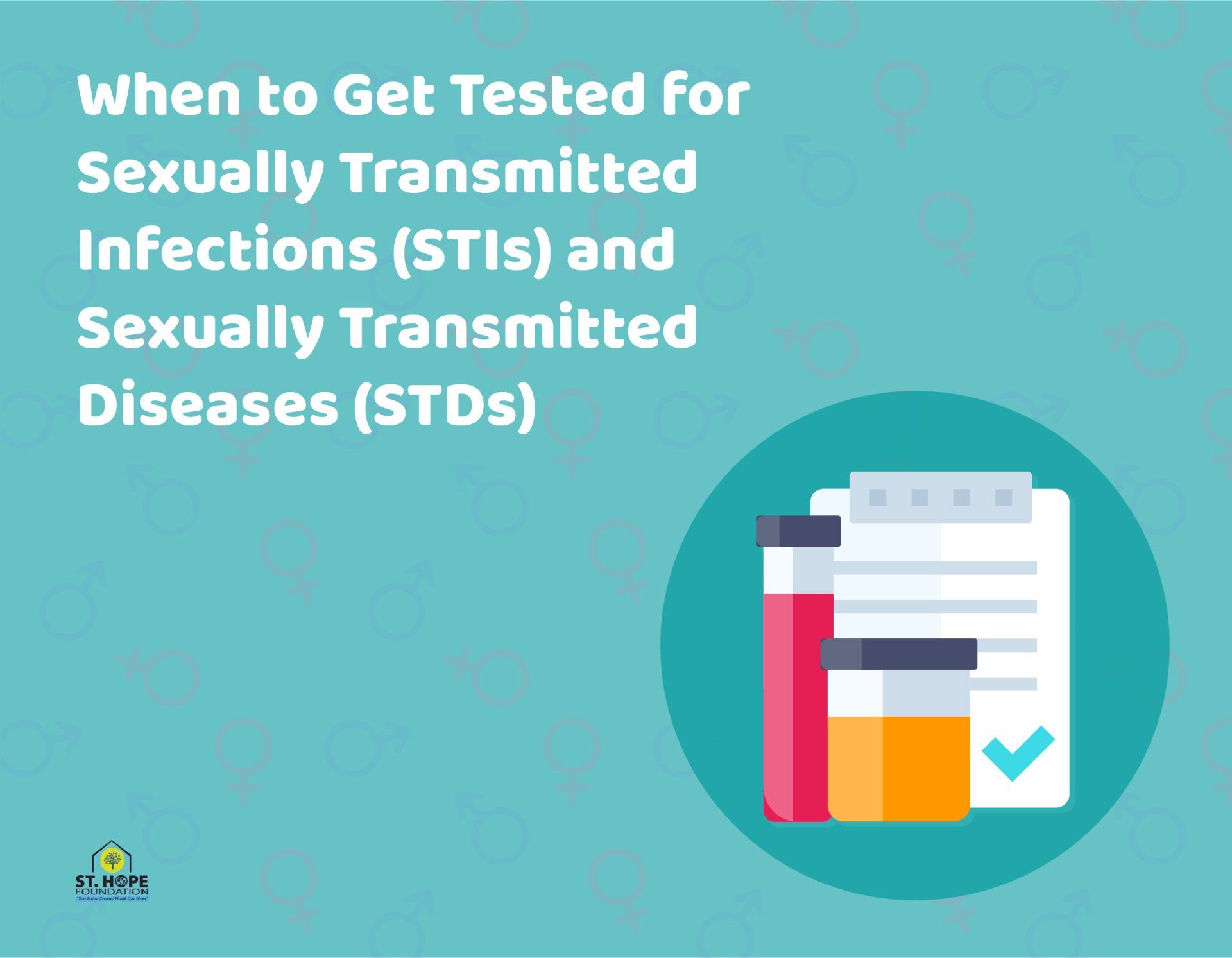
Being sexually active comes with great responsibility for your own wellbeing, as well as others. If you are sexually active, you should get tested for sexually transmitted infections regularly, especially if you have had intercourse with multiple individuals.
Sexually transmitted infections (STIs) or sexually transmitted diseases (STDs) can come in many forms. Although they are serious, STIs are usually not fatal when diagnosed and treated promptly. Most, like chlamydia, gonorrhea and syphilis, are treatable with medication and antibiotics.
Personal accountability is an important part of sexual health. You should always be concerned with protecting your partners.
The rate of STDs has been increasing in recent years. The U.S. reached an all-time high for the sixth consecutive year in 2020, making awareness and prevention more important than ever.
Common Types of Sexually Transmitted Infections and Diseases
Some common STDs and STIs include:
- Chlamydia
- Gonorrhea
- Syphilis
- Hepatitis
- Herpes
- HPV
- HIV and AIDS
Herpes, HIV and AIDS are manageable but can’t be cured. Herpes is an especially difficult STD to detect. Once you have herpes, you will likely be prescribed a lifetime of medication that can only help you manage the symptoms, outbreaks and transmittable phases.
Herpes is dormant in the body until stress causes it to flare up. Herpes infected individuals can go months without realizing they have it. If you have an STD and it goes unnoticed or untreated, it can put you at serious risk for further health complications.
HIV and AIDS are fatal diseases that affect your immune system and make it difficult to fight off infection and illness. In 2020, 1.5 million people were newly infected with HIV. A staggering 6.1 million people did not even know they were living with HIV. The risk of spreading a serious STI to unknowing partners makes testing a crucial part of awareness, treatment and prevention.
While it can be a frightening and embarrassing experience, rest assured that STIs are very common. Your doctor is there to help you – not judge you. Remember that getting tested is the responsible thing to do. It keeps you and others safe.
St. Hope Foundation in Houston offers HIV and STI testing and support. We offer a number of routine health and STI screenings, including:
- HIV screenings
- Syphilis screenings
- Chlamydia screenings
- Gonorrhea screenings
- Hepatitis C screenings
When Should I Get Tested for STIs
Getting tested for STIs can prevent you from spreading disease or harboring one that could turn into a more serious condition, such as AIDS. You should get tested for an STI/STD when:
- You have a new sexual partner
- You or your partner have had sex with other people
- You had sex with someone who has an STD
- You had unprotected sex
- You have irregular discharge, pain, itching or burning in your genital area
You may have only one or two symptoms at a time, or no symptoms at all.
If you think you have been infected, it is important to get checked as soon as possible. The window period, or the time between getting the infection and when you might test positive, can be anywhere between a few days and six months. If you tested negative and you are still unsure, it is important to go back for more testing in a three-to-six-month period.
If another partner has informed you of having an STI, get tested immediately. Transmission isn’t guaranteed, but you should still adhere to the testing window of three to six months. If a test is taken too early, it may inaccurately be negative.
If you are positive for an STI, it is also important to inform other partners so that they can get appropriate care for themselves and prevent it from spreading to others.
Sharing with a partner that you have an STI can be an uncomfortable thing to do, but it is crucial. Your doctor may even ask for your partner/s’ contact information so that they can be informed. There are even services that you can use to anonymously let someone know they might have an STI.
Watch Out for These Symptoms
● Sores or bumps on and around your genitals, thighs or buttocks
● Discolored or odorous discharge
● Burning when you urinate
● Excessive urination
● Itching, burning, swelling or irritation of the genitals
● Flu-like symptoms including fever, body aches swollen glands
● Sores in and around the mouth
Preventing STDs and STIs
- Abstinence. The surest way to avoid getting a sexually transmitted disease is to remain abstinent. In other words, do not have sex.
- Condoms. Condoms can reduce your risk of getting an STI, but they do not offer 100 percent protection from STIs. You can still potentially get herpes, HPV and HIV even when a condom is used.
- Get tested. If you have a new partner, both of you can get tested to ensure no one is at risk before having sex.
- Monogamy. The fewer partners that you have, the less you are at risk of getting an STI unknowingly.
Most importantly, talk to your partner if you have any concerns. Communication can help prevent STIs and STDs.
Get Tested at St. Hope Foundation in Houston
If you have not had any testing done for STIs and you are sexually active, St. Hope offers screenings and prevention services in Houston. Some patients are eligible to receive routine sexual health screenings for free or at a reduced cost.
If you have already been diagnosed with HIV or Hepatitis, we also offer ongoing treatment services. Talk to a healthcare professional today by calling (713) 778-1300 or by scheduling a televisit.

